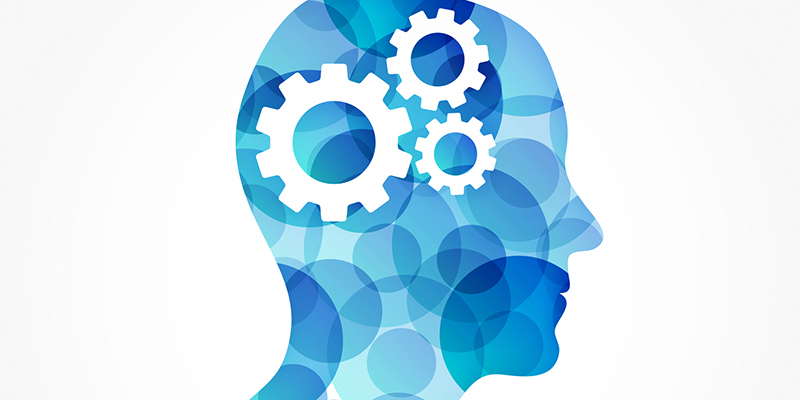3 Personality Tests That Work
When you’re looking for the right hire, gut instinct just doesn’t cut it anymore.
By Bridget McCrea | Digital Exclusive - 2017

Vetting a job candidate used to be all about “connection”—either you felt a rapport with the person sitting across from you or you didn’t. But nowadays, HR professionals are going for more fact than feeling.
Business advisory company CEB recently found that 62 percent of HR professionals are using personality tests to vet candidates during the hiring process—giving them the opportunity to compare candidates’ scores against the given job requirements. That’s compared to less than 50 percent as recently as 2010, according to the Aberdeen Group.
When you’re searching for that perfect hire, every step from defining the position to interviewing candidates is crucial, explains Sonia Liang in “
Pre-employment tests: are they what your company needs to hire the right person?” After evaluating resumes and narrowing down the candidate pool, the question becomes: If everyone seems “right,” how do you ensure you’re picking the absolute best candidate?
“This may be the moment when you turn to a pre-employment test,” Liang writes. “The use of these tests to screen applicants has gotten all the more popular to find the person who will be the perfect fit with the rest of your team.”
With that in mind, we asked Rose Cammarata, CPA, CGMA, vice president and controller at Mattersight Corp., ICPAS Board member and INSIGHT Corporate Minds columnist, for her three top recommendations. She took each of these tests herself during the interviewing process for her current position, and says, “As soon as I started working at Mattersight I could see that it made a huge difference. The whole personality framework is part of our corporate culture; we’re all trained on how to recognize other people’s personalities, understand their needs, and then do what we can to accommodate those needs.”
If you want a bigger picture view of a candidate’s “rightness,” and how they compare to other potential hires, one or all of these tests may be for you.
Personality Pattern Inventory (PPI)
The Personality Pattern Inventory (PPI) is a statistically validated assessment that identifies an individual's personality structure and includes reports on confidence levels, validity and potential distress levels. To date, close to one-million people worldwide have taken the PPI in one of its two forms. The standard form consists of 45 questions, each of which has six possible answers. The participant can rank his or her order of preference for up to five of the six answers. What you end up with is a look into all of the key elements of the client's personality and other characteristics.
Wonderlic
Wonderlic develops and delivers standardized employee assessments for each phase of the hiring process, with a focus on cognitive ability, or an applicant's ability to learn, adapt, solve problems and understand instructions. Its employment tests include job-specific screening questionnaires, cognitive ability tests, motivation potential assessment, personality and integrity tests, knowledge and skills tests, and surveys. Used individually, these employee assessments provide valuable enhancements to an existing employee-selection process. Combined, they efficiently gather relevant information and provide a comprehensive “whole person” view of candidate qualifications for efficient, objective employee selection.
DiSC Profiles
The DiSC assessment is based on a four-quadrant behavioral model identified by William Moulton Marston. The test assesses the behavior of individuals within certain situations, with behavior grouped into four major personality styles, each of which tends to exhibit specific characteristics common to that particular style. The assessment divides behaviors into four quadrants: Dominance (D), Influence (I), Steadiness (S) and Conscientiousness (C). After taking the test, DiSC reports the relative strengths of the applicant, scoring them from 0 to 100 in D, I, S, and C. Someone who scores high on Dominance, for instance, will be results-oriented, see the big picture, and not be afraid to disagree with others, while an individual who scores high on Influence will be social, influential, persuasive and collaborative in the workforce.